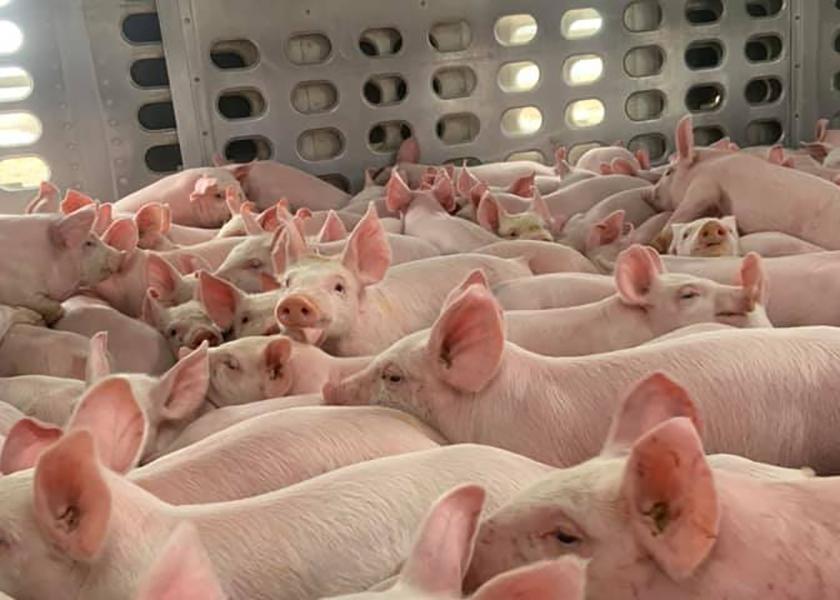Iowa Pork Producers Pass State Resolutions on Transportation, Swine Health

Many Iowa pork producers are concerned about the availability of truck drivers to keep pigs moving through the supply chain. This topic was a key issue brought up at the 2022 Iowa Pork Producers Association (IPPA) annual meeting on Jan. 25. The number of drivers who are leaving this important segment is greater than the number coming in, said the Chickasaw County Pork Producers who asked the IPPA to work with other groups to explore potential solutions to the issue.
“When you have too many people leave, it slows down the supply chain and creates a lot strain on everyone," said Leon Sheets of Chickasaw County. His county brought the resolution to the delegates because they are seeing seasoned drivers, not just those at retirement age, leaving the sector.
The U.S. is currently short 80,000 truckers - an all-time high for the industry, according to the American Trucking Association estimates. Livestock haulers make up between 6% to 7% of drivers.
IPPA's 101 county delegates approved the resolution as well as others.
"Delegates deepened the request they first made a year ago at the 2021 IPPA annual meeting to be engaged in developing the U.S. Swine Health Improvement Plan (SHIP) pilot program. SHIP is the next step for foreign animal disease (FAD) preparedness. Eighteen Iowans involved in pork production are currently developing protocols for biosecurity, testing and traceability in this effort. The 2022-approved resolution prescribes that IPPA support Iowa pig farmers enrolling in the pilot project," IPPA said in a release.
The third state resolution passed by IPPA delegates calls on their association to work with the Iowa Department of Agriculture and Iowa Department of Natural Resources to determine and secure resources for depopulation and disposal of pigs in the event of a FAD outbreak.
IPPA delegates adopted three resolutions that will be sent on for national consideration at the 2022 Pork Forum in Louisville, Ky., in March. They include:
• Support for the recommendations from the Pork Industry Visioning Task Force that create working groups of producers representing the National Pork Board and the National Pork Producers Council to identify and prioritize issues annually, as well as developing action plans that ensure the most efficient use of producer funding to accomplish those plans.
• Decreasing the rate of the mandatory Pork Checkoff from $0.40/$100 value of live animal to $0.35/$100 value.
• Increasing the rate of the Strategic Investment Program (SIP) from $0.10/$100 value of live animal to $0.15/$100 value. SIP is a voluntary program and is completely separate from the Pork Checkoff. SIP supports non-checkoff programs at both the state and national level. In their 2022 action, delegates said the increase should coordinate with the reduction in the mandatory checkoff. The resolution also rescinded a proposed SIP increase that was to go into effect July 1, 2022.
More from Iowa Pork Congress:
Meet the New President of the Iowa Pork Industry
Bellevue Chef Wins Contest that Kicks Off Iowa Pork Congress
IPPA Names Master Pork Producers & Partners at Iowa Pork Congress
Fitzgerald, Reynolds Named Honorary Master Pork Producers







